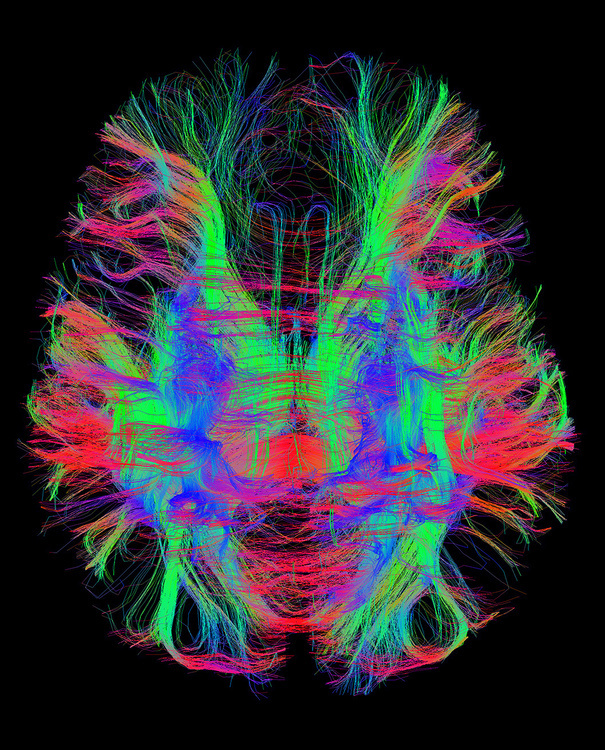
McGovern Special Seminar: Hideyuki Okano
Description
Hideyuki Okano (Keio University/RIKEN CBS)
Talk Title:
Advancements in Neurodevelopmental and Neurodegenerative Disease Models Using Marmosets
Abstract:
In this seminar, I will highlight the recent advancements of the Brain/MINDS project in Japan, emphasizing the creation of standard MRI brain atlases using marmosets and the development of marmoset models for neurological diseases. These developments include neurodevelopmental disorders, exemplified by Rett Syndrome (RTT), and neurodegenerative diseases such as Parkinson's disease.
The team has created a novel RTT model by generating MECP2 knock-out marmosets via genome editing. MRI and histological analyses revealed diminished cortico-cortical connections originating from the prefrontal cortex, abnormal maturation of pyramidal neurons, and decreased synaptic density. Single-nucleus RNA sequencing and spatial transcriptome analyses further clarified the significant gene expression changes, hypo-mature cortical layer II/III excitatory neurons, and hyper-mature Parvalbumin-positive inhibitory neurons in MECP2-deficient marmosets. The study provided deep insights into the molecular pathogenesis of RTT, with GABAB receptor 2 emerging as a common downstream target of MECP2 between human and marmoset, signifying a promising therapeutic target for RTT.
The team also pioneered a marmoset model of Parkinson's disease by introducing the pathogenic mutation A30P into the α-synuclein gene. This model exhibits clinical symptoms and pathological hallmarks of the disease, including motor deficits, tremors, loss of dopamine neurons and nigrostriatal tracts, and α-synuclein pathologies. Furthermore, the study identified a correlation between the hyperactivity of the pontine nucleus in the pre-symptomatic phase and behavioral hypoactivity in the symptomatic phase, highlighting a potential pre-symptomatic and predictive Parkinson's disease biomarker.
In conclusion, these advancements not only underscore the potential of non-human primates in modeling human brain disorders but also illuminate new therapeutic and diagnostic pathways for neurodevelopmental and neurodegenerative diseases.

